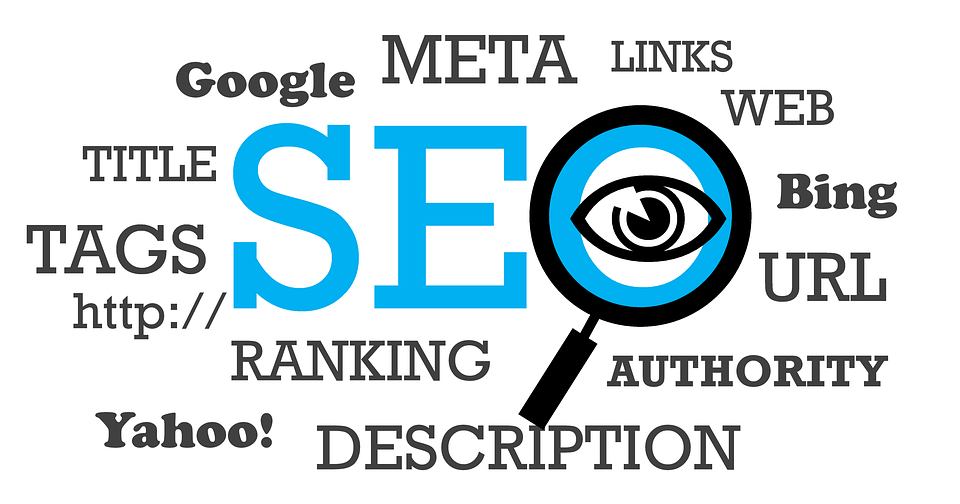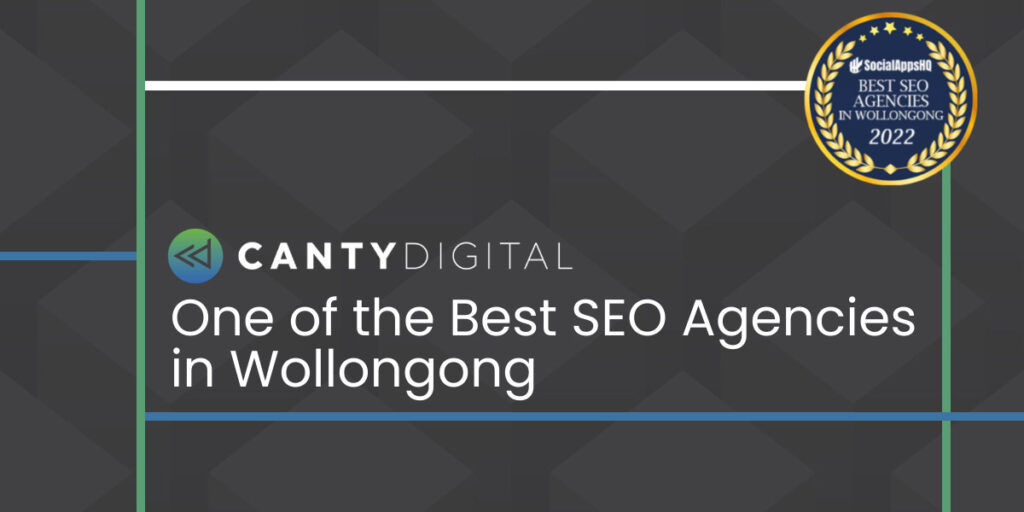
With so many so-called ‘marketing experts’ claiming to have the magic formula for foolproof SEO practices, it can be tough knowing which strategies are best to go with and which are best avoided.
From internal and outbound links, word counts, copy syntax, keywords, metadata – and everything else in between – some claim to know what’s best, yet so few seem to actually win at SEO.
Throw COVID-19 into the mix and it’s never been more important to be online than now. More than just a way to reach more potential customers, SEO is the gift that keeps on giving – as long as you know how to do it.
The Benefits of SEO for Businesses
SEO can offer some pretty impressive benefits, no matter what type of business you have. A well-executed strategy can land you at the top of the first page of Google and Co’ – without needing to pull out the credit card to pay your way there.
When it comes to reaching your audience, SEO can drive your current audience to perform certain actions, while helping you reach a whole new one to get to work on. It enables businesses to build brand authority and establish identity. It can take a poorly performing website and transform it into a place of potential leads, conversions and sales.
The key here is knowing who you are as a business and what your main goals are? No single SEO strategy is going to be able to work for every single business. SEO isn’t a one size fits all kind of deal. It’s about knowing your targets, analysing your strengths, facing your weaknesses, knowing your audience, – and then pulling a plan of action together.
So if your a local business like sydney appliance service Quality Appliance Repair, read on to learn the huge benefits it can have for you.
How COVID-19 Changed the Business Landscape
With its unexpected arrival into the world, COVID-19 made many businesses reevaluate their current situations, with many deciding that establishing a solid online reputation and boosting online sales was the best way to see their way through the pandemic.
In theory, shifting to a more online-centric model is a great idea. However, like every great idea, it’s one that every business had at the same time – creating one of the most competitive periods of online activity since the birth of the internet.
And this is where SEO comes into play, separating those who are serious about the survival of their business from those who are not. Basically, a well planned and executed SEO strategy has enabled many smaller businesses to take centre stage and thrive – something that would have been almost impossible just a few years ago.
Both PPC (Pay Per Click) and SEM (Search Engine Marketing) can help bring in hard and fast results. But the issue here is that they’ll only last as long as your budget allows – something many businesses no longer have the luxury of having on a permanent basis.
On the flip side, SEO creates a solid roadmap for the Search Engine Results Page (SERPs) and your audience, delivering far-reaching and ongoing results that work for your business, not against it.
Running a website without decent SEO is like building a house on sand – it’s only a matter of time before it gets shaky and comes crashing down to the ground. But build it on firm foundations and you can reach further for longer than ever before.
Ultimately, COVID-19 will eventually pass as the world adapts to living alongside it. However, the way customers now prefer to shop looks set to stay. The convenience of being able to buy and sell online has become a staple of the global retail and sales world – you just need to decide if it’s you or your competitors that you want your customers to be buying from? (The answer is you, by the way).
The Main Elements of SEO
When it comes to a well-rounded SEO strategy, there are many moving parts that create success. Knowing which elements will work best for your business is the first step toward online success.
Keyword research and content are always going to be king in the world of SEO, and without them, a website is simply a blank page nobody will see nor find. So, what other components of SEO need to be considered when formulating a strategy for success?
- Competitor & CGA (Content Gap Analysis)
- Creating value-filled content & copy
- Cross-platform linking
- CTAs (Call to Action) and lead generation
- Email Marketing Content (EDM)
- Keyword research
- LSIs (Latent Semantic Indexing)
- Mobile SEO
- Offsite SEO (social media, GMB, etc)
- Onsite SEO (copy and content optimisation)
- Smart device content – Google Dot & Alexa compatible
- Strategic planning
- Syntax and tone of voice relevant to your brand
- Technical SEO (crawling and indexing)
- User intent and customer personas
- … Plus a thousand other things as well!
With limited manpower, little knowledge of the latest SEO guidelines and increasing time constraints, It’s easy to see why so many businesses fail when it comes to their SEO.
Most businesses will benefit from using all of the above-mentioned points, but to what degree depends on where you are now and where you want to be this time next year?
It’s about knowing where to focus your efforts, understanding what will and won’t work to your advantage – and a healthy knowledge of the correct software and key skills to use.
Building a Strategy That Works For You
It’s no secret that businesses – especially predominantly online one’s – are customer-driven. And it’s these customers who’ll decide the best routes for you to take.
Much more than writing in a way that pleases Google and Co, SEO is about creating something that humans draw real value from, writing for people, not algorithms. See, the search engines actually understand context and content much better than most give them credit for.
Go back in time just a few years and artificial-sounding content loaded with oddly placed keywords was commonplace – and the search engines turned a blind eye. Today, it’s all about using natural language with a conversational tone, weaving in keywords and LSIs as organically as possible – with all eyes on it.
Your SEO strategy creates a plan of action, details your timeline, sets out your goals and tracks your progress. Once it’s up and running, you can then tweak as you need to for maximum success. And that’s pretty much the basics of SEO that you need to know about.
If you do not have an in-house team for SEO, get in touch with us today. With over 10 years of experience in the industry, we will develop an SEO action plan that helps your business win more traffic, conversions and stand out from your competitors.







